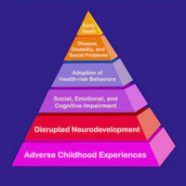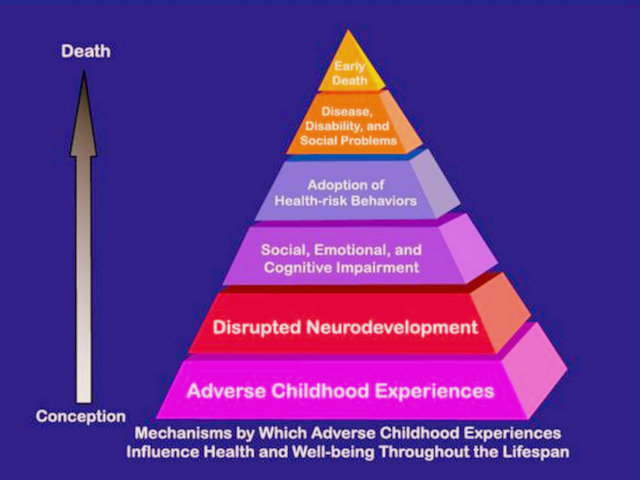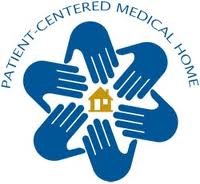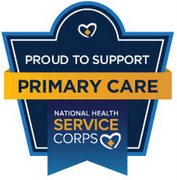
Childhood abuse raises the risk of serious mental and physical problems later
Research has shown that childhood trauma, ranging from parents’ divorce to alcoholism in the home, increases the odds of heart disease, stroke, depression, suicide, diabetes, lung diseases, alcoholism and liver disease later in life.
It also increases risky health behaviors like smoking and having a large number of sexual partners. And it contributes to “low life potential,” according to the U.S. Centers for Disease Control.
And one more thing: those traumatized as children die earlier.
Childhood Trauma: Too Much to Handle, Too Soon
From 1995 to 1997, the health maintenance organization Kaiser Permanente in California conducted a survey of more than 17,000 of its patients.
The “Adverse Childhood Experiences” or ACE study asked respondents to indicate whether they had suffered any of the following during their childhood:
- Emotional abuse
- Physical abuse
- Sexual abuse
- Mother treated violently
- Household substance abuse
- Mental illness in household
- Parental separation or divorce
- Household member in prison
A portion of the respondents were also asked about emotional and physical neglect. The most common experience reported was physical abuse (28 percent), followed by household substance abuse (nearly 27 percent).
The more Adverse Childhood Experiences a person reported, the higher the risk of experiencing poor psychological and physical health later
Can you relate to any of this?
If so, please open up with one of our health providers. We can help you. Click here to read more.





